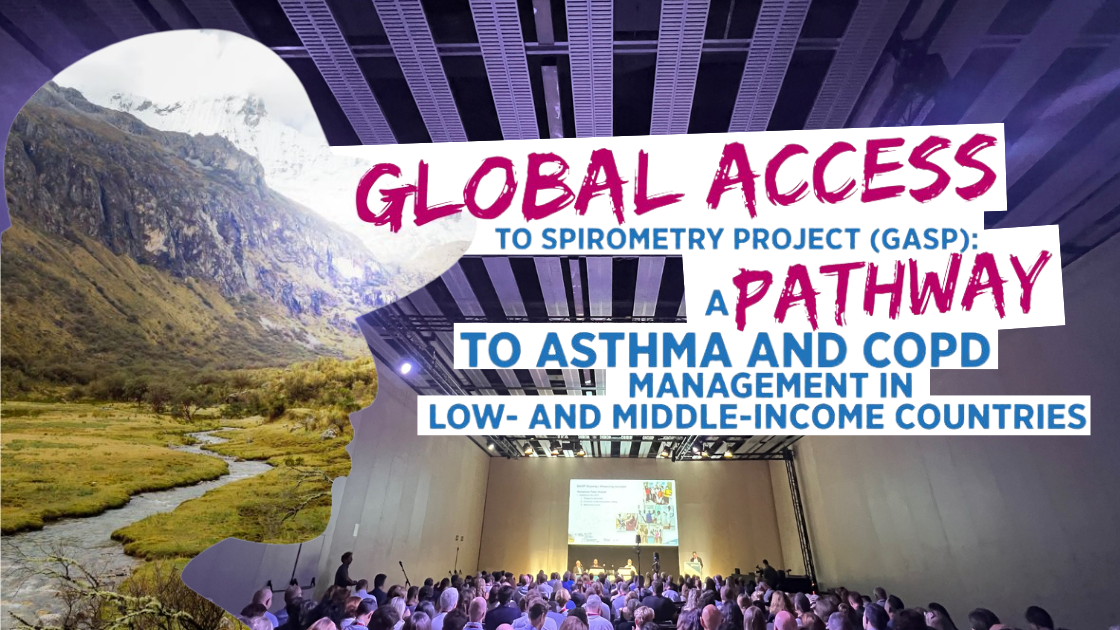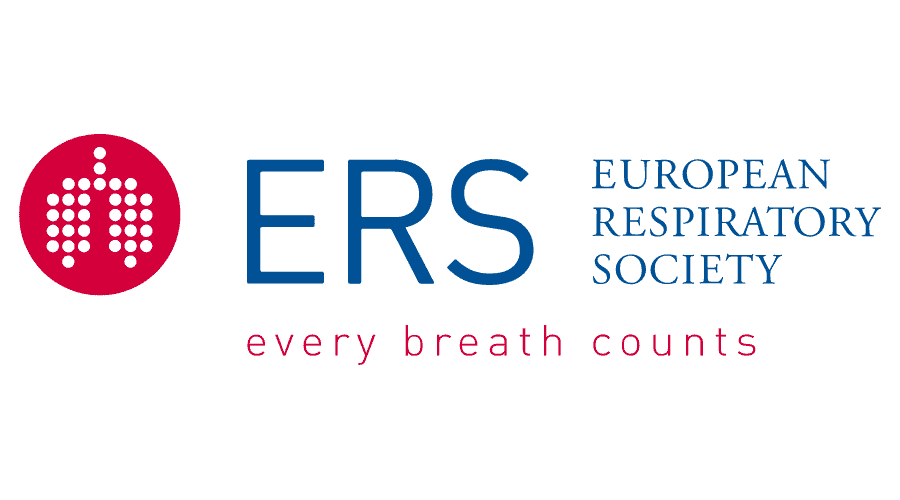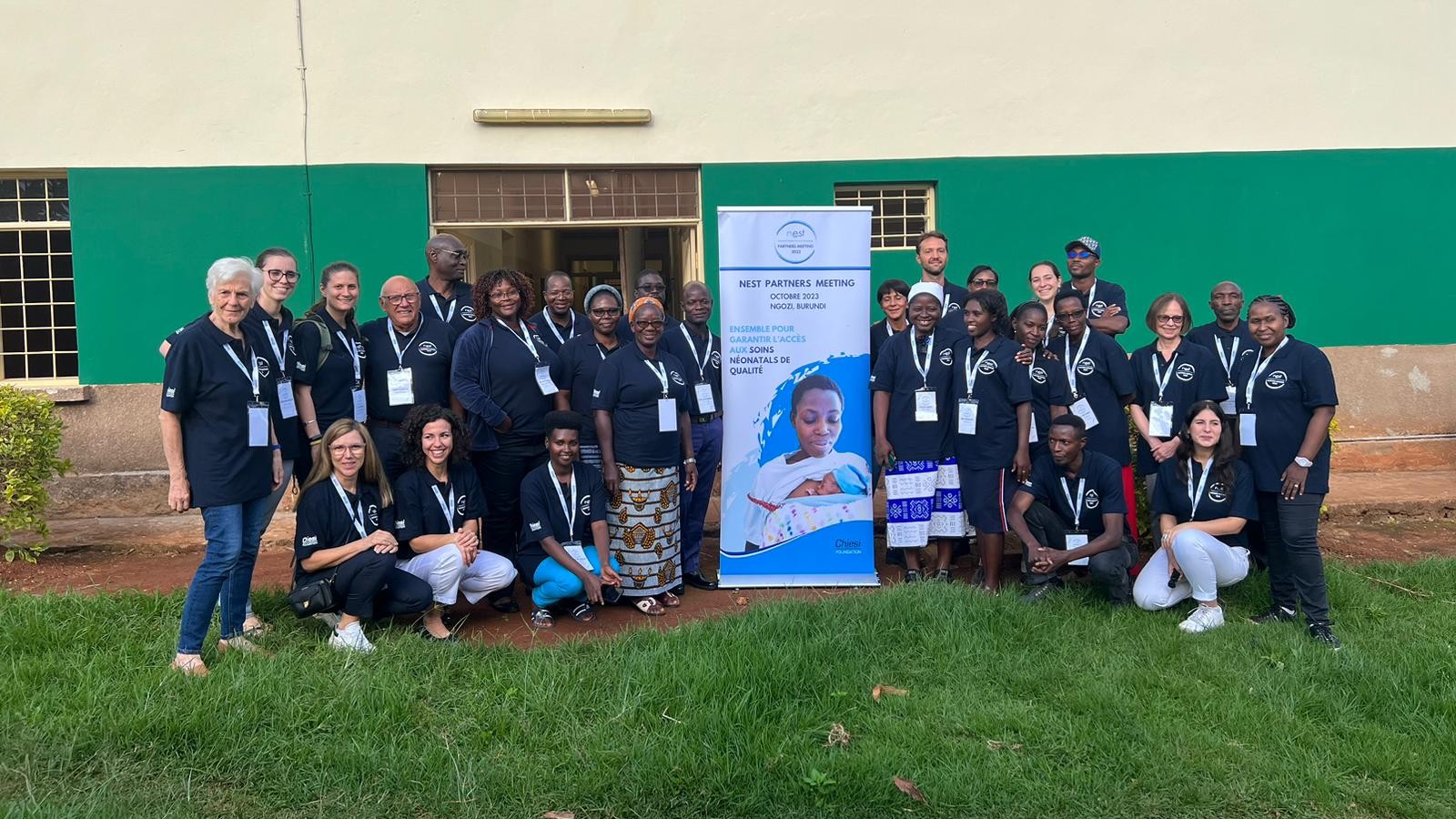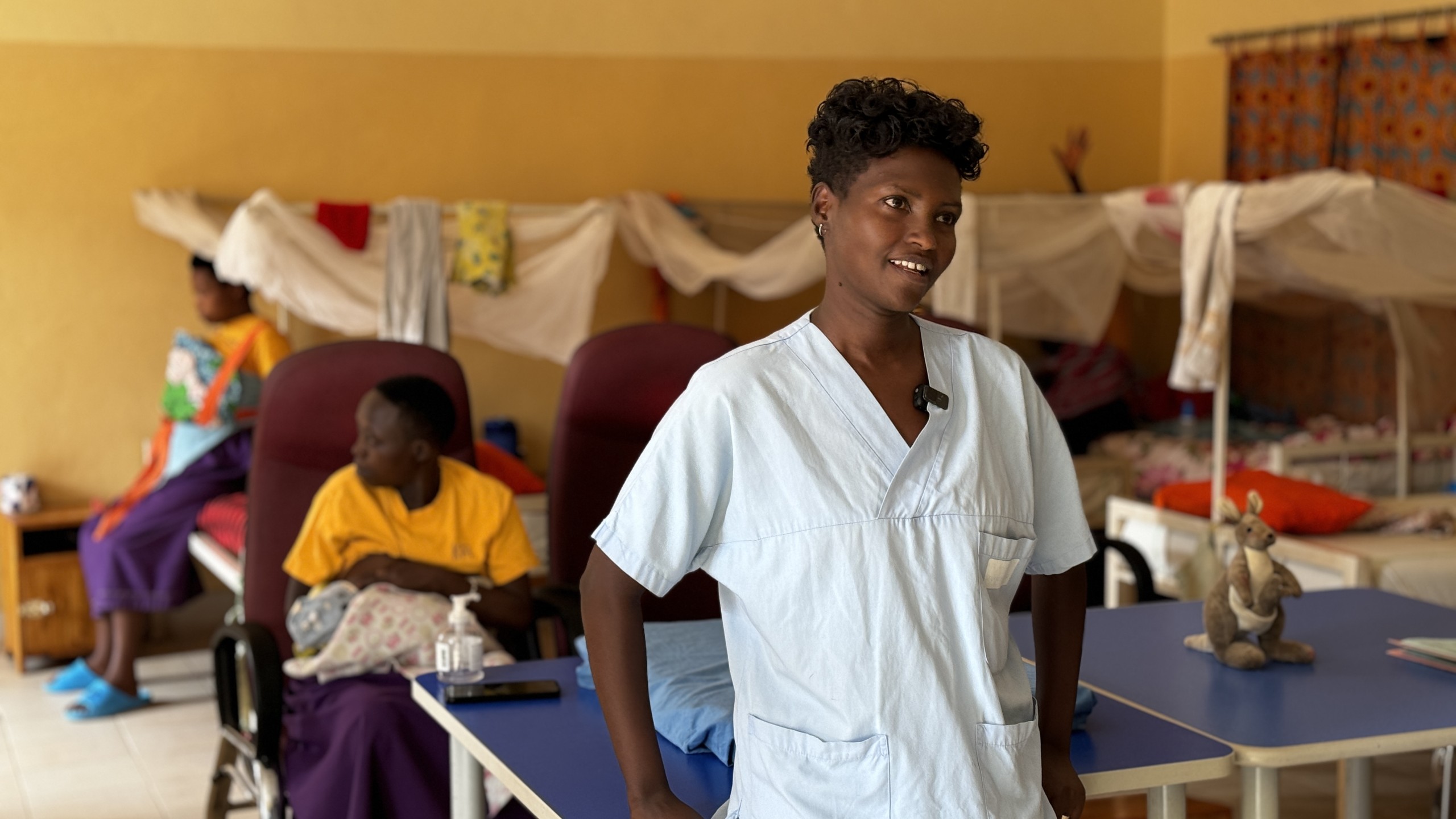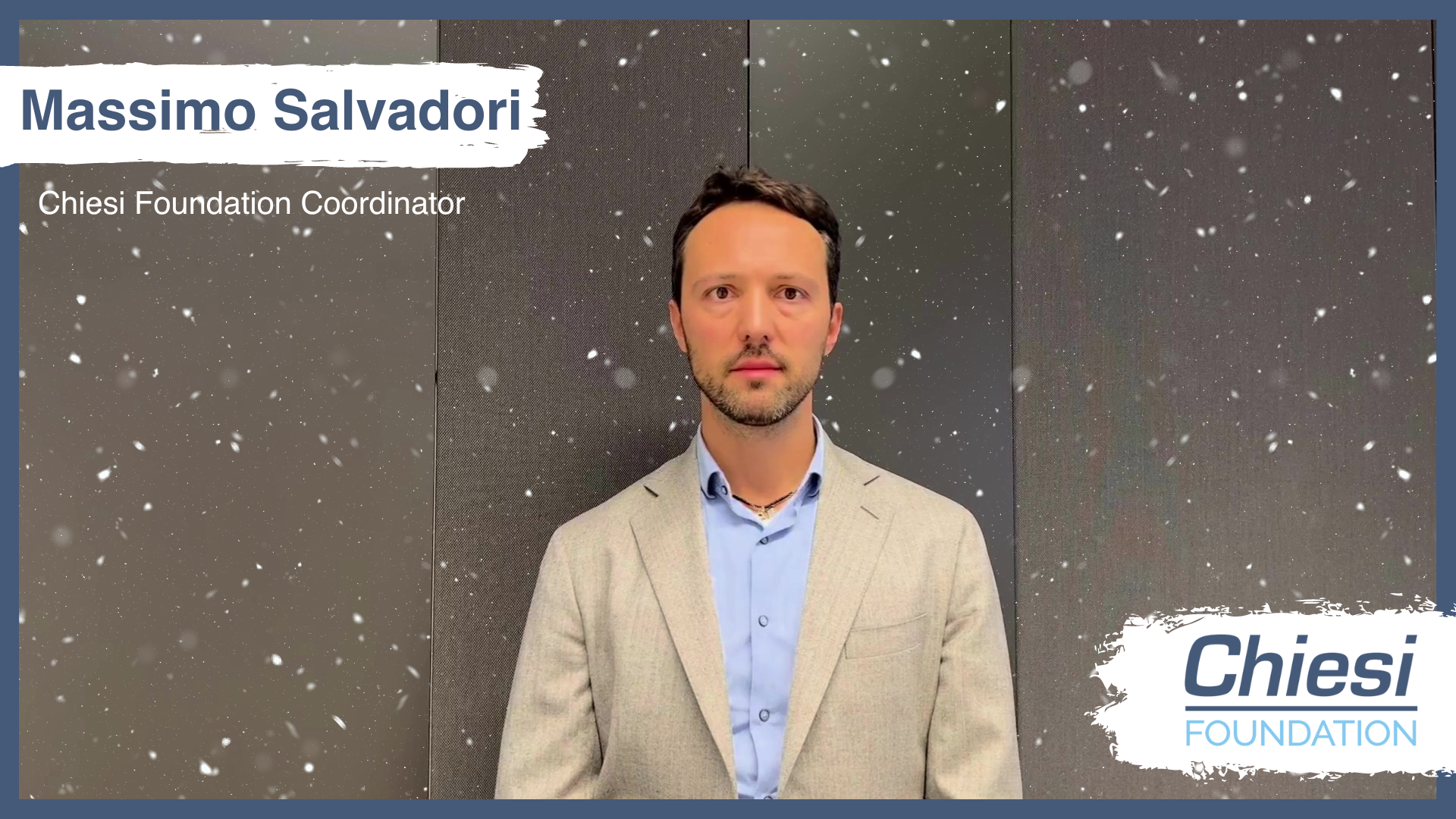por Chiesi Foundation
Cuota
Global Access to Spirometry Project (GASP): A pathway to asthma and COPD management in low- and middle-income countries (LMICs)
Chair: M. Scuri
- M.P. Chiesi –The Chiesi Foundation: a strategic tool for social change. Resources, expertise, and networking for improving the quality of life of patients and their families living in LMICS
- T. Eichholtz – Chiesi’s commitment to respiratory care beyond R&D. (13:00 – 13:05)
- R.D. Levy – GASP Guyana – Fostering an impactful CRD strategy transition in LMICs: from acute-episodic management of asthma to a concrete action plan. (13:10 – 13:30)
- J. C. Rojas Marroquin – GASP Peru – Addressing the burden of COPD: improving access to accurate diagnosis and chronic management patient education and awareness (13:30 – 13:45)
- R. D. Levy – GASP key benefits and lessons learned (13:45 – 13:55)
- M. Salvadori – GASP future perspective: making the world breathe better (13:55 to 14:00)
THE BURDEN OF ASTHMA AND COPD IN COUNTRIES WITH LIMITED RESOURCES
Asthma is a major non-communicable Disease (NCD), affecting both children and adults. In 2019, asthma affected an estimated 262 million people and caused 461000 deaths (WHO), 96% occurring in Low- and Middle-Income Countries (GBD, 2019). Worldwide, Chronic Obstructive Pulmonary Disease (COPD) is the third leading cause of death and almost 90% occurs in LMICs (Global Initiative for COPD Report, 2022).
The neglect of asthma and COPD, typically until the acute phase, results in exacerbations and high hospitalizations rate, having a huge impact on the health care system and society.
Unfortunately, LMICs and impoverished residents of high income often suffer from sub-optimal asthma and COPD management and outcomes. In most cases, this is largely a result of the lack of a structured disease management strategy.
Despite the complexity that characterizes these settings, a pathway to asthma and COPD management in Low- and Middle-Income Countries is possible.
GLOBAL ACCESS TO SPIROMETRY PROJECT – GASP
A capacity-building program aiming at improving access to respiratory care in countries with limited resources. GASP aims to locally develop a model for the diagnosis and management of chronic respiratory diseases, particularly Asthma and COPD, by establishing spirometry capacity and education programs for patients and their families.
Led by Professor Robert Levy of the University of British Columbia, in collaboration with the British Columbia Lung Association, the model is focused on fostering an impactful chronic respiratory disease strategy transition: from acute-episodic management of asthma to a concrete action plan.
GASP Guyana
In Guyana, through simple and inexpensive interventions, the Global Access to Spirometry Project has fostered a very high impactful transition in strategy: from acute-episodic management of asthma to a concrete action plan based on prevention and monitoring in the community
Since 2014, the Chiesi Foundation has supported Partners in Care – Optimizing Asthma and COPD diagnosis and Chronic Disease Management in Guyana.
The project aims to reduce the risk of preventable deaths, as well as hospitalization costs for the healthcare system.
The first phase of the project is focused on:
- the establishment of spirometry capacity for the accurate diagnosis of asthma
- the development of an education and self-management program for patients and their families
The second phase of the project is focused on:
- the implementation of a training and management strategy focused on COPD
- the spread and decentralization of the program within the community health care center
GASP Perù
In 2019, the GASP project was scaled-up to the city of Cusco.
After carrying out a need assessment, the following strategy has been identified:
Improving respiratory care by strengthening education and fostering a HUB and spoke model for the management of Chronic Respiratory Disease, especially COPD.
The first program component is the development of an “expert asthma and COPD treatment center”: that provides accurate diagnosis and severity assessment with spirometry, access to trained asthma and COPD physician, and nursing expertise for initiation of optimal therapy, and self-management education.
The second component is to establish community-based “satellite centers”: Provide ongoing follow-up and periodic reassessment to assure optimal control. They will be supported in patient care by the “expert center” as needed via telehealth.
The third component is represented by a GASP team tasked with developing and implementing an operational strategy to identify linkages between the “expert center” and “satellite centers”, establish protocols for the flow of patients, determine common standard operating procedures, develop data registry to track health and health economic outcomes and provide training and continuing education opportunities for community-based healthcare professionals.

